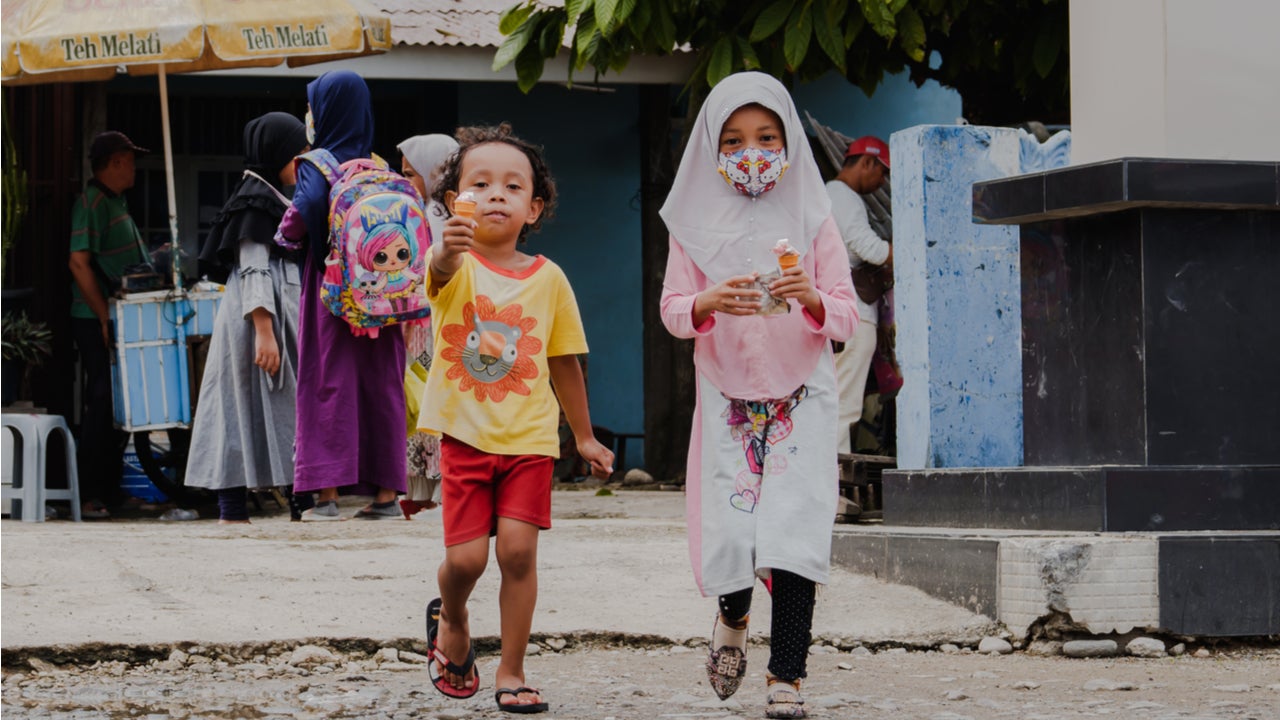UNCTAD officials believe that examples can be drawn from the policy experiences of countries piloting the south-south integration project, such as Ethiopia, Indonesia and Sri Lanka, in implementing policies to structurally transform their economies.
David Ndii
David Ndii, an economist, columnist and a former Rhodes scholar at Oxford University, shared an article on Rashmi Banga, United Nations Conference on Trade and Development (UNCTAD) senior economist stating that the policy experiences that transformed China from a manufacturing assembly hub of the world to an economic powerhouse, offer valuable lessons for developing countries to recover from the Covid-19 crisis. There are benefits to emulating advanced economies, but most developing countries are better placed to learn from bottom-up growth experiences, she stated further.
While China’s Belt and Road Initiative (BRI), a multibillion-dollar infrastructure and investment venture, is providing infrastructure linkages, UNCTAD is helping nations create linkages by sharing their policy experiences. It is implementing a project to support countries in the global south to gain examples from China’s development experience and adapt relevant policies for their own recovery from the Covid-19 shock.
“There are benefits to emulating advanced economies, but most developing countries are better placed to learn from bottom-up growth experiences.” Rashmi Banga, UNCTAD Snr. Economist. https://t.co/FV4NxR0LYx
via @LouizaKabiru #BottomsUpEconomicsKE https://t.co/0ViRdOqcDO— David Ndii (@DavidNdii) July 27, 2021

US Tariffs are shifting - will you react or anticipate?
Don’t let policy changes catch you off guard. Stay proactive with real-time data and expert analysis.
By GlobalDataDavid Wessel
David Wessel, a journalist and director of the Hutchins Center on Fiscal and Monetary Policy at the Brookings Institution, shared an article on an International Monetary Fund (IMF) report suggesting that most advanced economies’ inflation will subside to pre-pandemic levels in 2022. Although IMF is sticking to its 6% global growth forecast in 2021, it highlights widening gaps in the global recovery.
As a result, a 0.5 percentage point growth for advanced economies this year has offset a downward revision for emerging and developing economies. The IMF has projected a global growth of 4.9% for 2022, an up from our previous forecast of 4.4%. However, this could be a result of the sizeable upgrade for advanced countries, and a more modest one for emerging markets and developing nations still struggling to contain the virus crisis.
The IMF has also estimated that the Covid-19 pandemic has reduced per capita incomes in advanced economies by 2.8% a year, relative to pre-pandemic trends over 2020-2022, as compared with an annual per capita loss of 6.3% a year for emerging markets and developing countries, except China. These revisions reflect differences in pandemic developments as the Delta variant takes over.
Approximately 40% of the population in advanced economies has been fully vaccinated, compared with just 11% in emerging markets economies, and a lower percentage in developing countries. Consequently, while accelerated vaccinations have led to upgrades in advanced economies, lack of access to vaccines and recurrence of Covid waves in some countries like India have led to downgrades.
IMF: In most advanced economies inflation is expected to subside to pre-pandemic ranges in 2022. Three reasons… https://t.co/JkziHh0AdB pic.twitter.com/6JjGPOTejW
— David Wessel (@davidmwessel) July 27, 2021
Gray Kimbrough
Gray Kimbrough, a labour and housing economist with a PhD in economics from the University of North Carolina at Greensboro, shared a discussion on how millennials have fared financially and at work during the pandemic. Even before the Covid-19 struck, US millennials were dubbed as the unluckiest generation in history by some economists.
According to them, millennials will bear the economic scars for the rest of their lives, in the form low incomes, low wealth, and inability to own homes. The losses have been particularly sharp in the jobs front. Kimbrough, for instance, points out that the oldest millennials, such as himself, lived through the 9/11 terrorist attacks and entered the labour market in the recession during the same time. They spent their early years struggling to find work during a job recovery, followed by the Great Recession and another recovery and yet another recession.
Ana Kent, senior researcher at the Federal Reserve Bank of ST Louis, also highlighted how millennials have particularly suffered greater risks during the Covid-19 pandemic in terms of education and the rising costs of colleges. Many millennials have even started new families and therefore childcare has become critical to talk about during the current pandemic time.
I thought that fellow economist @anaNDslu, host @ninamoini and I did a pretty decent job of diving into some of these issues with an equity lens in our discussion on MPR. Perhaps @theindicator can revisit some of the angles that yesterday's episode missed. https://t.co/PbdAww8iLw
— Gray "serial millennial myth debunker" Kimbrough (@graykimbrough) July 27, 2021




